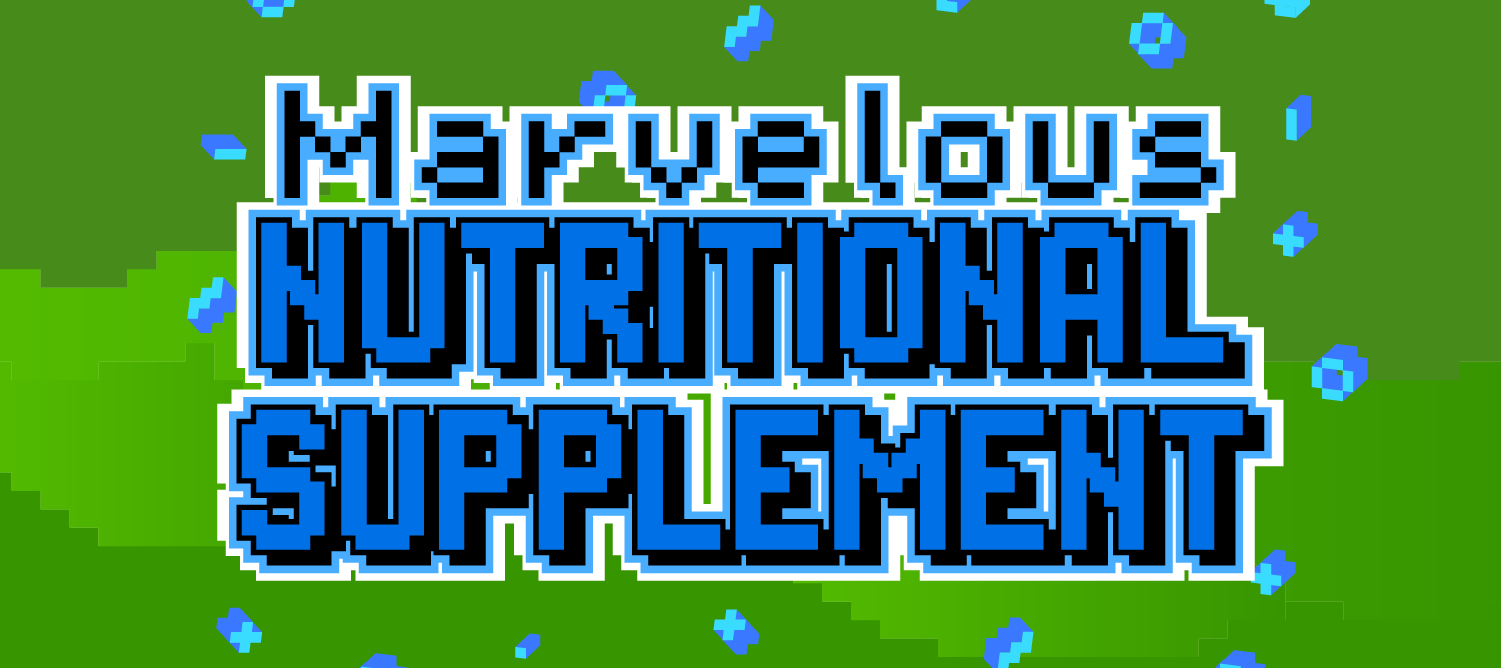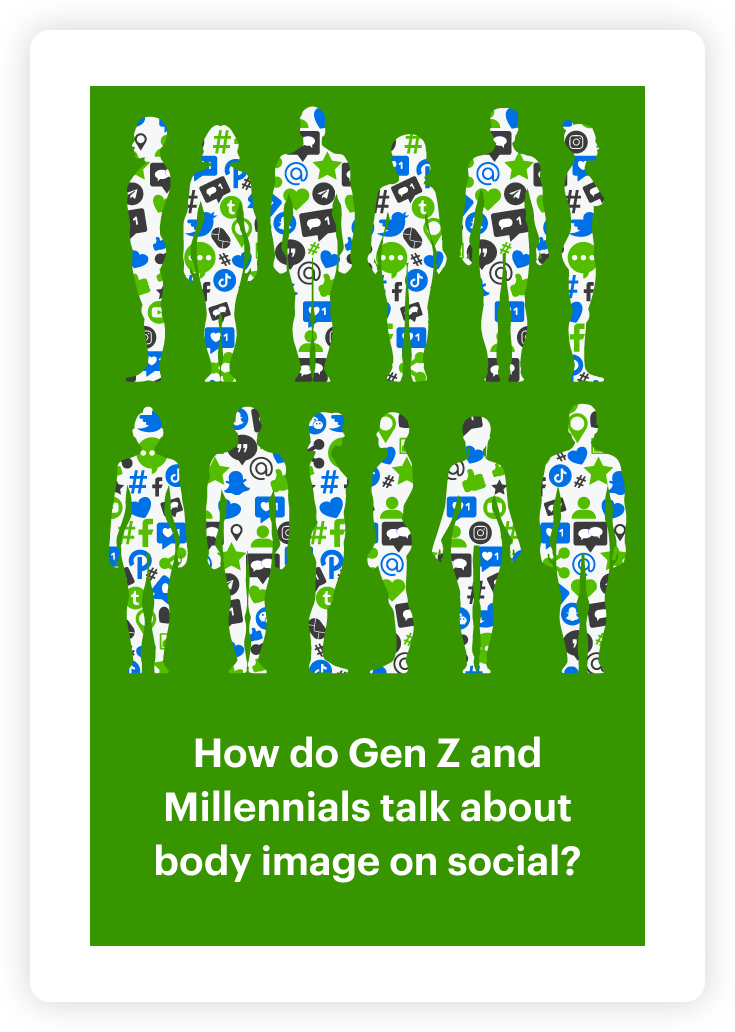Audience insight: Gaming vs. workout supplement consumers

“Failing to prepare is preparing to fail“. This Benjamin Franklin quote holds true for every aspect of life, including routine occurrences like working-out and gaming – which is why some people doing these activities take supplements to boost their performance. However, supplement vendors need to find the right target audience insights to sell a similar product to very different markets.
It’s an understatement to say that messaging that works for hardcore gym goers isn’t necessarily going to hit the spot with hardcore gamers. For supplement brands looking to appeal to both audiences, they need to find ways to tailor their pitch to these different groups. Rather than using stereotypes or guesswork, understanding how each market talks about supplements is an excellent starting point.
For this analysis example, we analyze conversations about gaming supplements and workout supplements gathered through a social listening tool to generate audience insights. Exploring social media discussions on subjects ranging from Guacamole Gamer Fart flavoring through to creatine, we uploaded a years worth of tweets on supplements from gamers and gym goers into the Relative Insight text analytics platform. We then compared the differences between gaming vs. workout supplement consumers through the topics, grammar, phrases, words and emotions they use. The insight ‘gains’ we took from it were fascinating.
Workout supplement conversations focus on motivation and side effects
Gym goers and others taking workout supplements are doing so to prepare for intense physical activity. While the mixtures they’re consuming are designed to get them through a session, these substances can have some unintended consequences.
Discussions involving workout supplement takers centered around the side effects they suffered from. They were 3.7x more likely to use the word ‘feel’, while they were 9.7x more likely to use words and emojis associated with ‘intoxication’. Gym goers also used the word ‘itching’ infinitely more than gamers.
“side effect of pre workout: anxiety. as if I needed any more 😖”
“why did nobody tell me that preworkout makes you itch??!!!!???!!“

However, these side effects were preferable to not using supplements in the minds of many. Our target audience insight highlighted that the absence of pre-workout mix led to them leaning on pain for motivation. Users were 16.4x more likely to use the word ‘pain’, and were infinitely more likely to use the phrase ‘raw dogging’ – a term which means doing a workout without preparation. Interestingly, tweets about pain (both physical and mental/emotional) only referenced its use as a motivational tool in the absence of taking pre-workout mix, rather than post-workout stiffness.
“I just be going to the gym raw no pre workout just pure heartbreak pain“
“raw dogging the gym( no headphone, no pre workout)“

Pre-workout supplement takers went beyond words in their social posts. Perhaps surprisingly, they used emojis more regularly than gamers when discussing supplements. Gym goers were 20.5x more likely to use the 🥴 emoji, 10.0x more likely to use 🙃 and used 💀 5.8x more.
“took some pre workout and now my hands are all tingly 🥴 lol let’s do this 🏃🏻 ♀”
“never again taking pre workout super late I was up until like 5 am and I showed up a hour late to work 🙄 🤨 🥹 💀”

Gaming supplements – taste, streaming and effectiveness
Through our analysis of conversations around gaming supplements, it’s clear that gamers focus on three areas when discussing what they consume.
The first is taste. Gamers were 3.8x more likely to talk about the taste of gaming supplements and drinks, and were 8.8x more likely to use the word ‘flavor’ and infinitely more likely to say ‘actually tastes good’. They were also 17.8x more likely to use the phrase ‘favorite flavor’, suggesting that gamers are likely to stick with their flavor of choice once they discover it.
“@mintyelvira my most recent energy drink kick has been gamer supps. my fav flavor, and try not to laugh, is guacamole gamer fart 9000. unironically very good 👌”
“@godessbot I have my favorite flavor from Gfuel and I didn’t like gamer supps when I tried“

While the purpose of workout supplements is obvious, there are multiple applications for gaming supplements. However, a clear use emerged from gamers’ discussions: streaming. Gamers want to extract peak gaming performance when people are watching, especially if they’re planning on a marathon session.
They were 3.6x more likely to use the language of ‘performance’ and 5.1x more likely to use ‘broadcast’-related words. Unsurprisingly, they were also more likely to use the words streamer (75.1x), streaming (33.1x) and stream (13.0x).
“I have eaten, I have water, gamer supps, aspirin, my comfiest clothes, and a blanket… I think I’m ready for my first 12 hour stream in 15 minutes!!!#vtuber#vtuberuprising“
“the gamer supps samples arrived. which one should I try on stream Saturday?“

However, our target audience insight also highlights skepticism in the gaming community about the effectiveness of supplements. Gamers were 1.6x more likely to use words relating to ‘credibility’ – as well as 2.5x likely to use the word ‘better’. The context around this was gamers speculating whether gaming supplements were ‘better’ and more effective than traditional products to heighten alertness, such as energy drinks (with Mountain Dew and Monster mentioned repeatedly) and caffeine pills.
“@essentrixtv I know which one you meant just saying although I haven’t tried gamer sups or Gfuel to any other energy drink brand monster is just so much better“
“@charalanahzard@imfallfromgrace[ product] will help you game better! mate, unless it contains amphetamines or nootropics, I very much doubt it will.: v“

gaming vs. workout supplement consumers analysis example elicits target audience insight
Through comparison of gaming vs. workout supplement consumers, it’s clear that brands looking to market supplements to gamers and gym goers need to adopt a very different tone of voice and use bespoke language to appeal to each segment. Our target audience insight has surfaced some interesting findings about both groups.
While those using workout supplements accept that there will be side effects when consuming them, any brand that is able to create and highlight that a product which has minimal negative side effects will be appealing to customers. Any messaging should note that gym goers don’t need to delve into emotional and physical pain to achieve a great workout (or at least that supplements can work well with that intrinsic motivation), and brands should consider using emojis and other slang to match how they speak.
On the other hand, gamers would like to know whether a supplement is more effective than traditional energy drinks and other concentration-boosting products, plus have a nice flavor to it. Brands should emphasize this information in any messaging they create. Gaming supplement vendors should also highlight how their product can boost streaming performance – an important factor for gamers who choose to consume them.
This audience analysis example of gaming vs. workout supplement consumers highlights the power of text analytics for brands looking to create resonant messaging for their target markets. By understanding how your audience talks, you can mirror their choice of language and talk to them, not at them.
